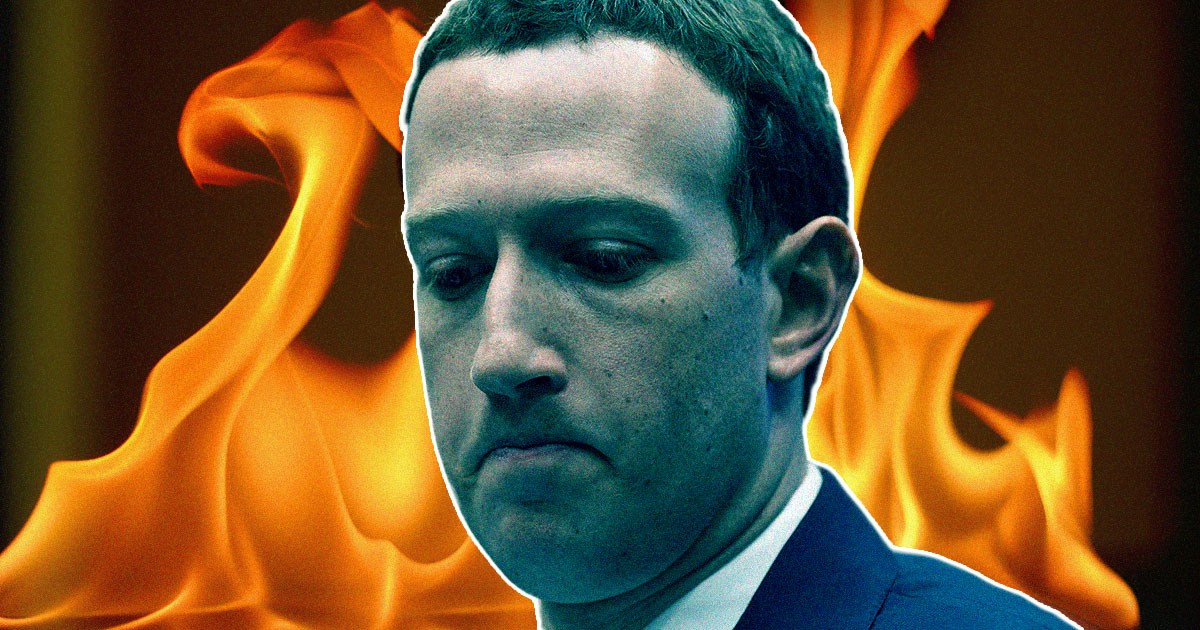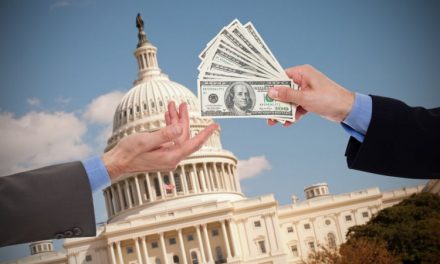Investors gave Meta CEO Mark Zuckerberg’s grandiose plans to create a metaverse, a digital world accessible through virtual reality, a big vote of disapproval on Wednesday.
Shares in the company formerly known as Facebook tanked 23% in after-hours trading on Wednesday to $249.15 after the social media giant reported tepid quarterly results. The huge drop shaved nearly $200 billion in market value from Meta, sending its total market capitalization from $900 billion tumbling to around $700 billion.
The company’s fourth-quarter profits of $3.67 per share fell short of the $3.85 that analysts had expected. Revenues of $33.67 billion were roughly in line with Wall Street’s forecasts.
Meta’s 1.93 billion daily active users in its fourth quarter, missed analyst expectations of 1.95 billion. That figure was also slightly less than the number of daily users it recorded the previous quarter, marking the first time the company experienced a drop in users in its history.
In terms of the future, Meta projected $27 billion to $29 billion in sales for its upcoming quarter, below the $30.15 billion that analysts had expected.
Executives blamed the disappointing results on several factors, including Apple’s privacy changes to iOS that made targeting ads to users more difficult and “supply chain disruptions” that are causing advertisers to spend less. The problems are unlikely to be resolved anytime soon.
Meta also said it spent an astonishing $10 billion in 2021 on projects related to the metaverse, which is far from bringing in any substantial revenue. The company has predicted that people will use the metaverse in the future and that big spending now in preparation will give Meta a head start over rivals.
Still, Zuckerberg has yet to make a compelling business case to investors about why his company should spend so much on the metaverse when its current business suffers from slow growth, privacy issues, and a weak ad market. The latest earnings only add to the complications.
Facebook’s rebranding to Meta comes as it tries to distance itself from past crises like Cambridge Analytica and recent whistleblower leaks that showed the company failing to combat misinformation and abuse.
Meanwhile, Spotify shares also crashed on Wednesday, falling nearly 23% at one point in after-hours trading before rebounding to a 10% loss after the audio streaming giant shared its own bad news. It forecasted 183 million paid subscribers when its current quarter ends, short of the 184 million that analysts had expected.
That the slower-than-expected user growth comes at the same time Spotify is dealing from a high-profile boycott by musical artists like Neil Young and Joni Mitchell. They had demanded that Spotify remove their music because of podcaster Joe Rogan inviting guests who made controversial comments about COVID-19.
“Usually when we have controversies in the past, they are measured in months not days,” Spotify CEO Daniel Ek said during an earnings call with analysts. “But I feel good about where we are.”
Spotify investors don’t apparently feel the same.
Forbes





